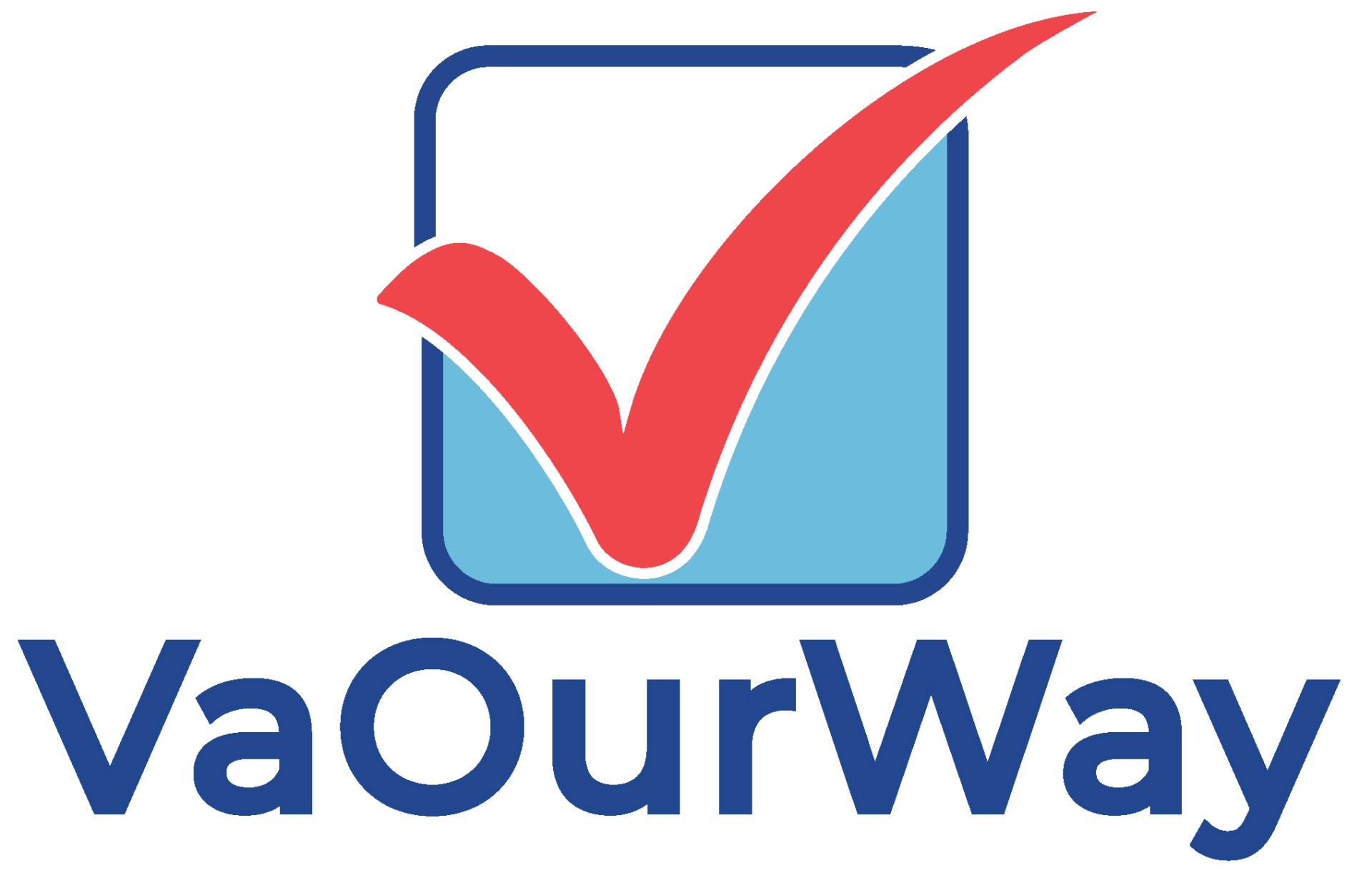housing, minimum wage, taxes, and attracting business to the state
Background:
Our economy connects us to each other in innumerable ways. It’s difficult to conceptualize, but one person’s success can positively impact the economy as a whole, and thus its other participants. Why is it so important to have a thriving economy? A productive economy with productive citizens stimulates innovation, creates stability, and reduces crime. While the economy exists independent of our government, the government is constantly deciding how to involve itself in a way to create more positive outcomes. Some important issues the Virginia state government is currently dealing with are housing, the minimum wage, taxes, and attracting business to the state.
Looking Back at 2019:
Despite the fact that it was an odd-numbered year in which the state’s budget was not to be discussed, several extenuating circumstances made the economy a focal point of 2019. After recent changes to the federal tax code, which led to an excess of tax funds, Virginia had to decide whether to use the extra tax money for statewide projects or return the money to citizens. The General Assembly came to a mostly bipartisan agreement, with HB2529 and SB1372, to conform the state tax code to the federal code and give the money back to Virginians.
In addition to its tax conformity, Virginia signed bipartisan legislation to carry out its promises to Amazon. The company, which chose to locate one of its newest $2.5 billion facilities in the Crystal City area of Arlington County, was promised $750 million in cash incentives four years after their creation of 37,850 new jobs. The deal was generally heralded as a major success for the Virginian economy.
The General Assembly also took serious action this year to address issues in Virginia’s housing policies. A Princeton University study, released in 2018, showed that Richmond had the nation’s second-highest eviction rate, followed closely by Hampton, Newport News, Norfolk, and Chesapeake. The report, which was greeted with alarm all across Virginia, led to calls by the Governor and local mayors to remedy the situation. In response, the General Assembly passed seven bills - all based on recommendations from the Virginia Housing Commission - to address the issue. These measures, which passed nearly unanimously, will give tenants more time to pay all amounts owed before eviction, limit the actions a landlord can take to remove a tenant, and require landlords to provide tenants with a lease agreement.
Despite successes in several other economic areas, the General Assembly dodged efforts to increase the minimum wage in this year’s session. Virginia’s current minimum wage stands at $7.25 per hour, which amounts to an annual salary of $15,080 for a person working 40 hours each week for 52 weeks of the year. To remedy this situation and ensure that all working Virginians can support a family, several bills were proposed to increase the minimum wage. All were rejected.
What to Expect in 2020:
With the outright failure of any efforts to increase the minimum wage, incrementally or otherwise, the 2020 session is sure to see numerous proposals. The proposals vary from gradual to immediate increases and from $10.10 per hour all the way up to $15.00 per hour. Some proposals include a stipulation to index the minimum wage, which means automatically adjusting it to keep pace with the rising cost of living so that minimum wage workers do not lose purchasing power each year. Thirty other states have now raised the minimum wage beyond the federal minimum of $7.25 per hour. Virginia is falling behind and should seriously consider the passage of minimum wage reform during the 2020 General Assembly Session.
Additionally, affordable housing will continue to be at the top of the docket in 2020. Despite the passage of landlord-tenant reforms, Virginia still has an inadequate supply of affordable housing. Especially as costs rise and wages stagnate, affordable housing is incredibly important for the stability of families and their ability to spend money on other necessities like healthcare and food. Virginia took a step in the right direction addressing issues in rental housing but needs to take a look at other issues in housing in this upcoming session.





